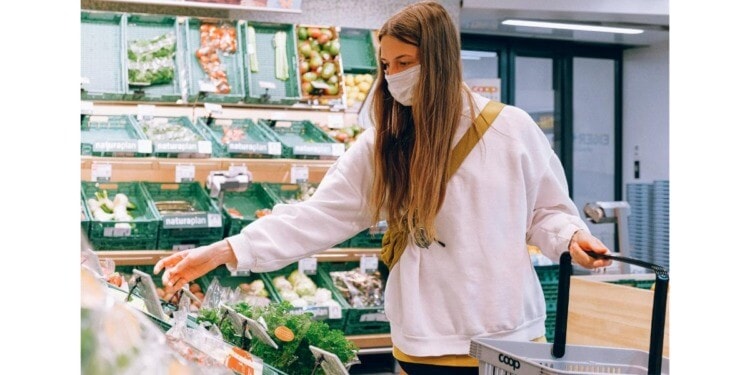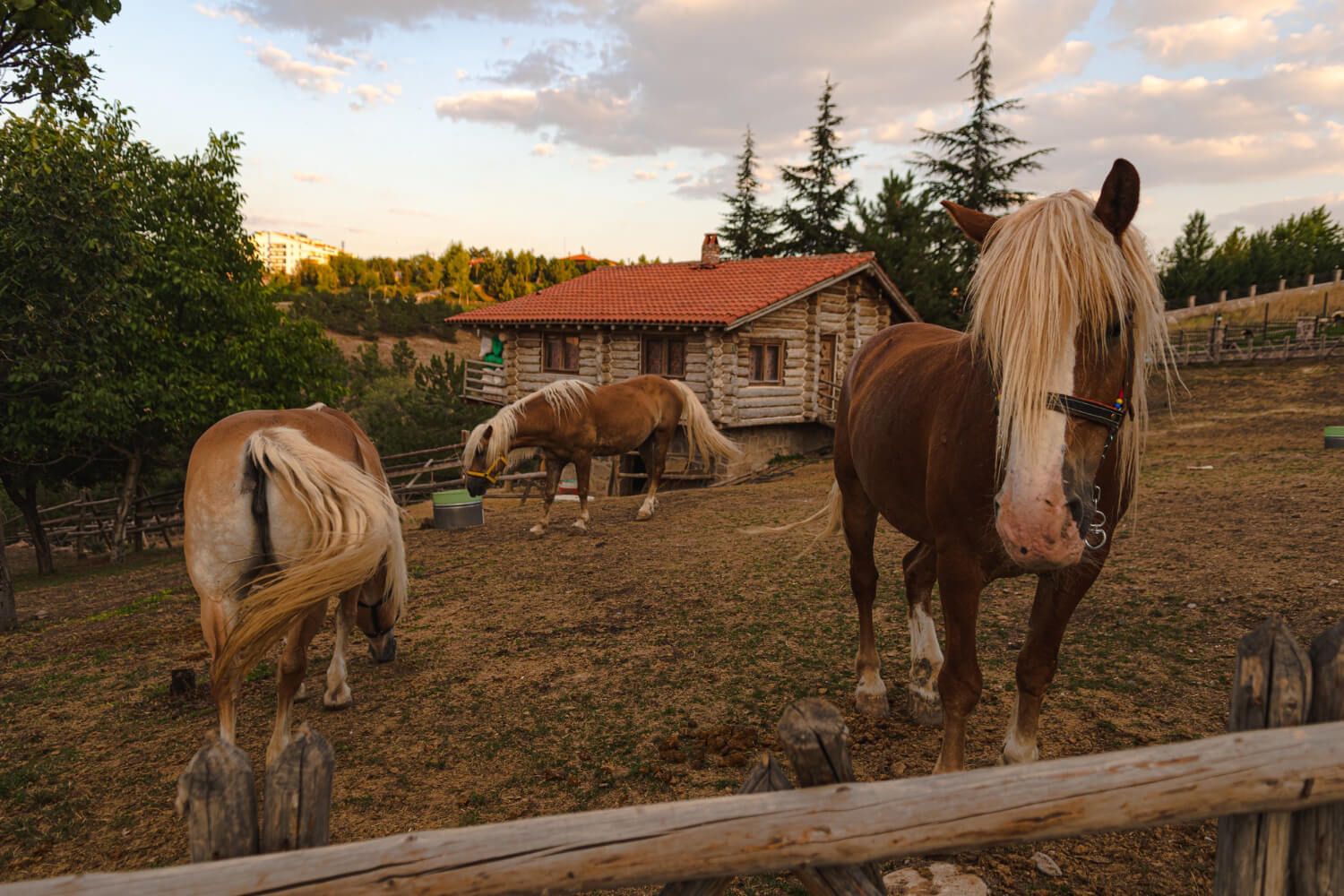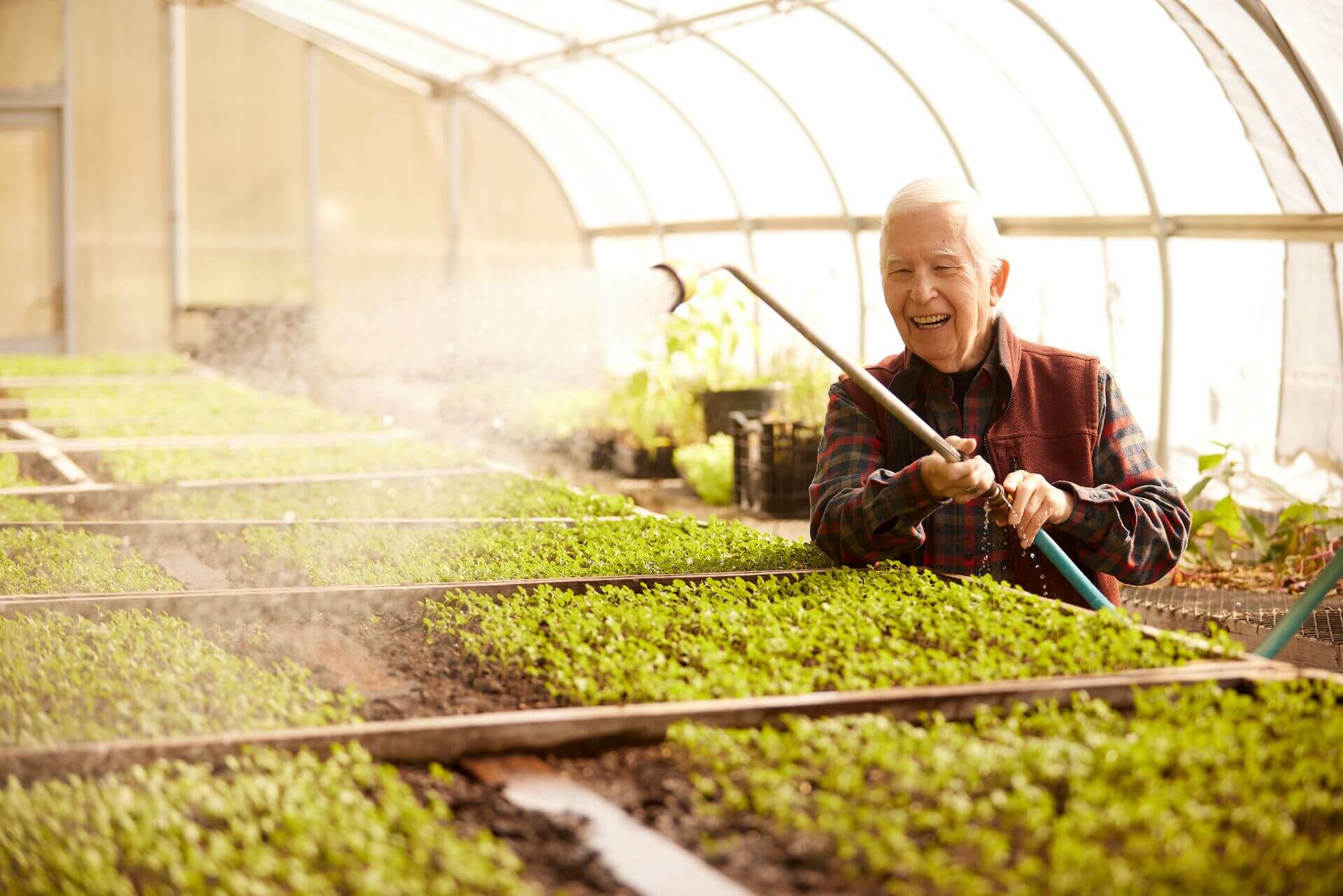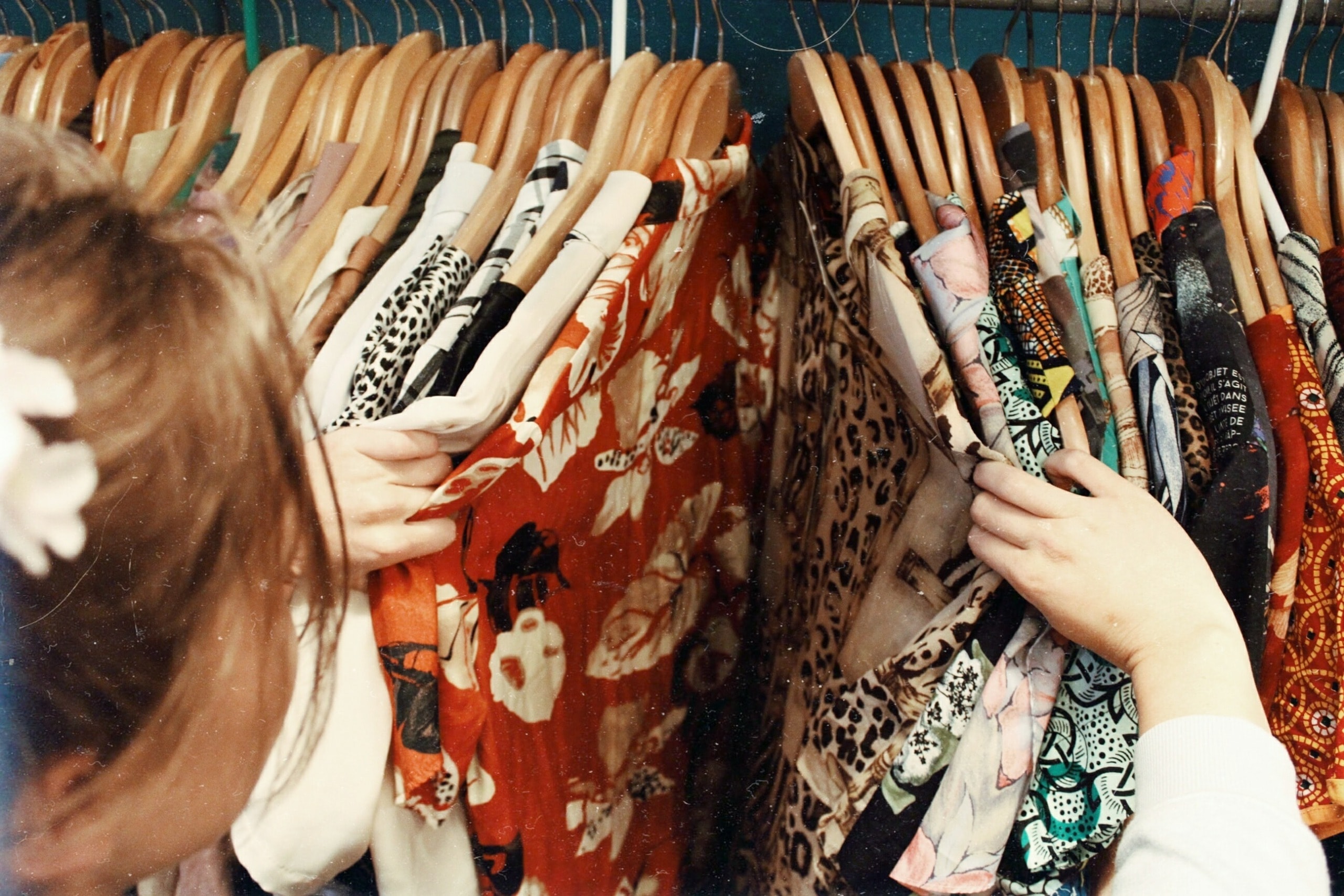Do you ever get the sudden urge to splurge while grocery shopping? Walking down the aisle, shoppers constantly get bombarded with mouth-watering advertisements. From bright colors to narrow checkout lanes, supermarket marketing tricks are designed to aim at you and your wallet.
Overcoming the temptation to buy more can be a struggle, even on a strict budget. Yet, as a smart shopper, you can take a few simple steps to save money while keeping it eco-friendly:
 Stay Loyal To Your Shopping List
Stay Loyal To Your Shopping List
Have you noticed that most grocery stores place meat and dairy products at the back of the store? Designed to get you to buy more, store layouts force you to travel through fully stocked isles before you reach your destination. To avoid this, know your store’s layout and pick up the items you need first. Make a shopping list of your top-priority items in advance. This way, you can quickly check off what you need before moving on to the occasional treats.
Never Shop Hungry
Located in the front of the store, bakery sections lure shoppers with the smell of fresh-baked goods. Countless items on the shelves fall right in your line of sight before you pick up your much-needed products. This creates a perfect environment for your hunger pings to take over. Research has shown that hungry shoppers spend more, especially on high-calorie foods. To avoid unnecessary and unhealthy purchases, it’s better to be mindful of your impulses and shop while satiated.
Mix And Match
Some may believe that eco-friendly shopping takes up hours of your time cooking, cleaning, and meticulously planning out your meals. However, this is not the time to try to become anything like Jamie Oliver. Let’s go back to the basics – before you go grocery shopping, check your leftovers and incorporate them into your next meal. Start thinking about adjusting your menu to the ingredients you have on hand. This way, you will not only get creative about your culinary choices but also reduce food waste.
Buy In Bulk
According to the Food Marketing Institute, consumers make 1.5 trips on average per week to the supermarket. Excessive grocery trips are neither economical nor eco-friendly. That’s why it’s better to stock up on a few versatile ingredients and streamline your shopping experience. Instead of buying small bags of couscous, quinoa or rice every week, go all-in on your favorite grain. Stocking up on versatile pantry staples will significantly cut down your food bill. Bulk-buying also helps you eliminate packaging waste that ends up in landfills.
 Organize your kitchen
Organize your kitchen
If you have enough space at home, it’s helpful to buy cleaning products, toilet paper, and non-perishable items in bulk. But how do you know when your items run out? The answer is simple – by organizing your kitchen and tracking your items to avoid buying things that you already have. Keep a container in the fridge for scraps of leftover meat, vegetables, and broth, to use them later as a base for soup. Containers come in handy for storing cleaning supplies as well. They ensure that you don’t run out of items before your next grocery store trip – simply open the cupboard door and see what you need to include in your shopping list!
Carry your own shopping bag
The average family uses 15 single-use plastic bags in just one trip to the grocery store, according to Conserve Now. As 100 billion bags are bought yearly, they end up polluting the landfills, waterways, and wildlife with microplastics. Besides, plastic bags contain high levels of estrogen and high-density polyethylene (HDP), which are dangerous to babies and adolescents. It’s even more dangerous when your food comes in contact with it. Carrying your own eco-friendly bag not only minimizes your carbon footprint but also protects your food from potential contaminants.
Keep plastic at bay with our zero-waste, reusable shopping bag from the Impakter Eco marketplace.
Editor’s Note: The opinions expressed here by Impakter.com contributors are their own, not those of Impakter.com. — Featured Photos: Grocery Shopping, Zero-waste Kitchen Jars. Source: Pexels














